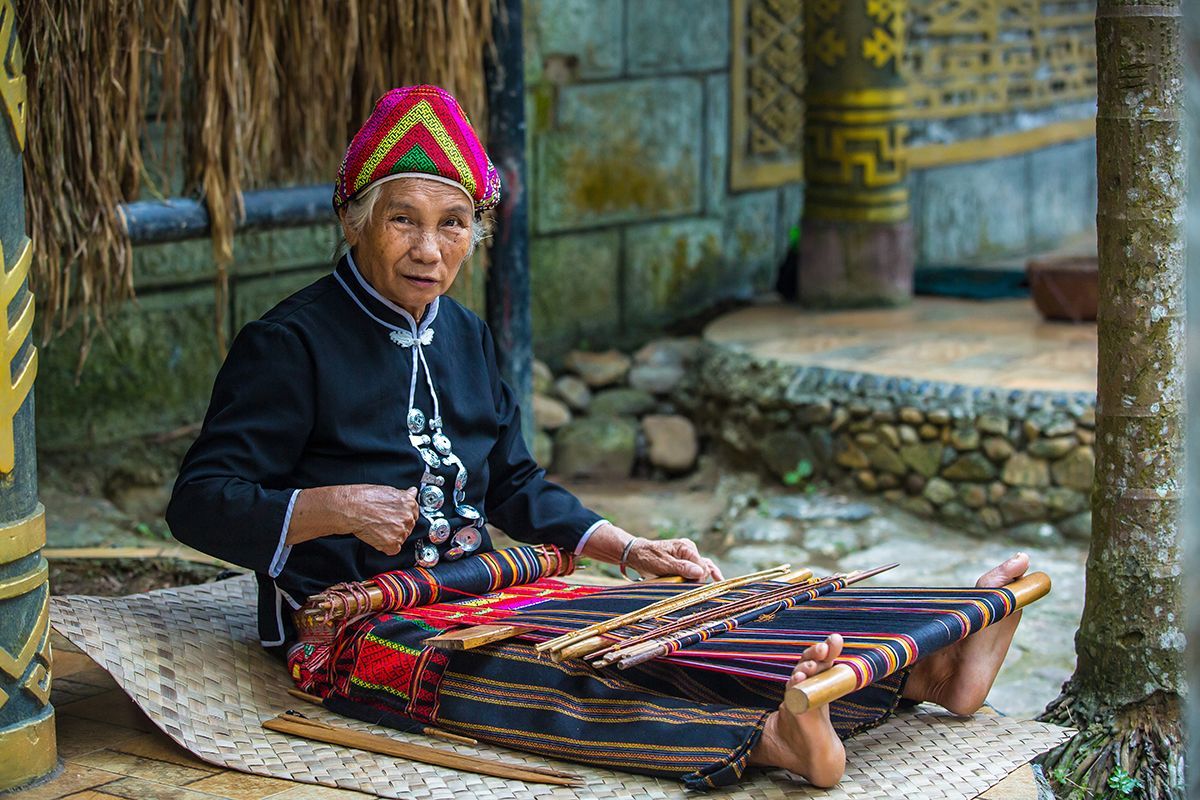© This article is an extract from Paul Hattaway's epic 656-page China’s Book of Martyrs, which profiles more than 1,000 Christian martyrs in China since AD 845, accompanied by over 500 photos. You can order this or many other China books and e-books here.
1900 - Li Yunsheng & Family
June 1900
Li Yunsheng & Family
Tongzhou, Beijing
Li Yunsheng was a deacon in the Tongzhou church and also worked in the office of the local magistrate. Magistrates at the time often grew rich from bribes and other underhanded dealings. Li, however, was known as somebody who could be trusted and was respected for his honest dealings.
When the Boxers launched their campaign against the Christians in Tongzhou, many felt Li would be safe because of his position. During the first days of June, when the missionaries and many local believers fled to Beijing to avoid the Boxer advance, Li Yunsheng decided he would stay in Tongzhou. He told his friends, “I shall not run away. This is my home, and here I shall stay, for life or death.”[I] The magistrate of Tongzhou assured Li that no harm would befall him because of his good reputation. The churches, mission compounds, and Christian houses in the city were ablaze, and dozens of followers of Christ had been butchered, yet still Li remained. The magistrate, in a bid to protect Li’s life should the Boxers come for him, instructed him to burn his Christian books so that evidence could not be found against him. Li refused to burn his Bible, however—it was too precious to him. He read it and prayed daily, asking God to intervene.
On one occasion Li said out loud, “One day the church and the college will be rebuilt, and the Boxers will come to justice.” He was overheard and the Boxers were told. A band of 40 Boxers forced their way into the magistrate’s compound and demanded Deacon Li be handed over. When the magistrate refused, the men broke into the inner rooms and dragged Li out. A search soon found his Bible, which was used as evidence that Li Yunsheng was a Christian worthy of death. They tore the Bible into pieces, and as they led him away, Li confidently stated,
“‘I believe in my Lord Jesus. Though I am going to my death, it is with a willing heart. I do not regret being a Christian.’ The Boxers chose a manure pile near the imperial granary as the altar on which to offer up their victim, and each of the forty knives seemed thirsty for his blood. It mattered not to him that they burned his poor remains, that a few days later they dug the bones from their shallow grave near the city wall, and scattered them that they might never rise again. His eyes had seen the King in his beauty.”[II]
Li’s wife and two teenage daughters were grief-stricken when they heard what had happened to their beloved father and husband. They went into hiding, but soon heard that the Boxers knew their whereabouts and were coming the next morning to kill them. Unwilling to let the Boxers have their way with them, in the dark of night they went to a deep pond on the edge of the village, where they dived in and drowned. The Boxers discovered their bodies the next day. Fearing rumours that Christians would rise again from the dead after three days, they chopped the bodies up into tiny pieces, poured kerosene over them, and set them alight.

I Miner, China’s Book of Martyrs, 310. For another version of this testimony see Smith, China in Convulsion, Vol.2, 671-672.
II Miner, China’s Book of Martyrs, 311.




